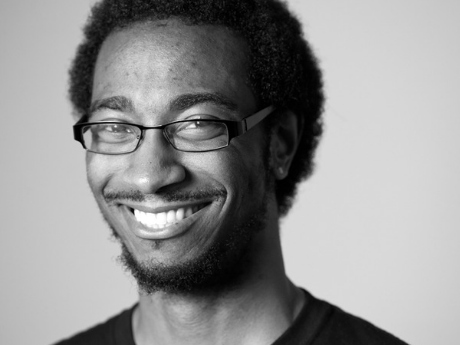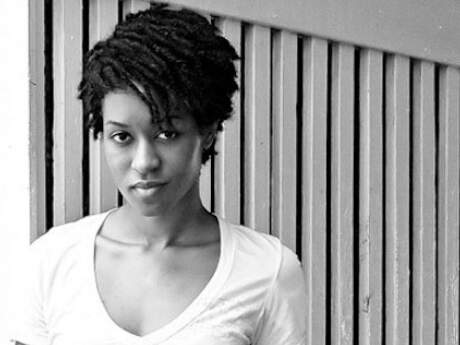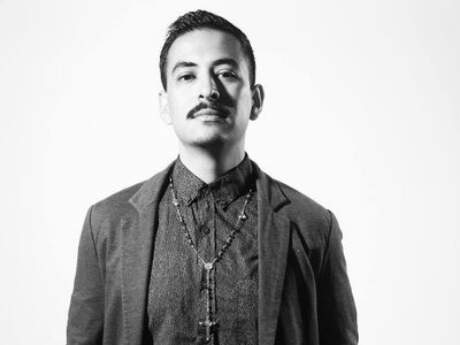Poetry & Democracy
Poetry and Democracy

1.
Over the course of the history of the Federal Bureau of Investigation, many writers have had files created in their name for many reasons, ranging from suspicion of being a Communist and having "anti-US sentiment" (Larry Neal); of being an anti-Vietnam protester (Susan Sontag); for publicly deciding to write a book about the FBI (James Baldwin); and supporting Black writers and entrepreneurship (J. Edgar Hoover's investigation of Black bookstores). Who determines if this small essay is flaggable for investigation, and how could said investigation possibly secure safety if it simultaneously finds suspicious an execution of the first amendment? The idea of democracy feels shallow in the wake of intrepid attempts to rid citizens of their right to critique injustice under the false pretense that these writers and their support systems are dangerous to the US. Meanwhile, the US has proven to be dangerous to its own citizens and therefore itself.
2.
In her poem, "38," Layli Long Soldier writes:
"The Dakota 38 refers to thirty-eight Dakota men who were executed by hanging, under orders from President Abraham Lincoln.
To date, this is the largest 'legal' mass execution in US history.
The hanging took place on December 26, 1862—the day after Christmas.
This was the same week that President Lincoln signed the Emancipation Proclamation."
What is democracy if it allowed for both conditions that made necessary the Sioux Uprising and made possible the ability to free enslaved Africans? What citizenship did either group gain afterward?
3.
In her poem "Incident," Natasha Trethewey writes: "We tell this story every year," as the speaker reminisces on a cross burning that racist Americans enacted in her family's front yard. Some states had anti-miscegenation laws as late as 1967. Trethewey was born in Mississippi in 1966.
4.
In her poem, "LOOK," Solmaz Sharif writes:
"Whereas You mean I should be sent MISSING because of my family
name? and he answered Yes. That's exactly what I mean,
adding that his wife helped draft the PATRIOT Act;"
as the speaker moves through the Department of Defense Dictionary of Military and Associated Terms to find the various ways war and torture are normalized in the language and through processes of our daily lives. The Patriot Act was signed into law by then-President George W. Bush, October 26, 2001.
5.
Where poetry and democracy intersect is tricky to determine, inasmuch as it appears one of these terms—poetry—exists, while the other term—democracy—is only executable by a select few who in being themselves (or pretending to) do not rile up the suspicion of the powers that be. How, then, do we have a discussion about an artform that exists in relation to a figment of the forefather's imagination, an imagination that considered enslaved Africans and their descendants to be 3/5 human and Indigenous Americans obstacles that either had to assimilate or be otherwise eradicated? But that was so long ago, says the resistant citizen yearning for a future so mindlessly stuck in his denial-past that its already nostalgic.
Poetry may unveil and converse with the void that for centuries has been called democracy, pointing to the contradictions, the incidents, that are not isolated as much as they are symptomatic of the very dis-ease uncritical patriotism creates in those who do not believe in everyone's rights to free expression, let alone to life. Adrienne Rich has said "Every journey into the past is complicated by delusions, false memories, false namings of real events." Perhaps, at its best, poetry challenges the falsities and speaks against delusions as though they truly exist.
Published March 2019.


